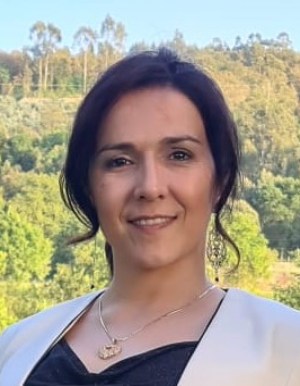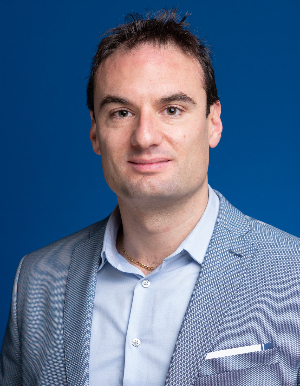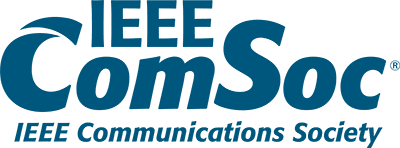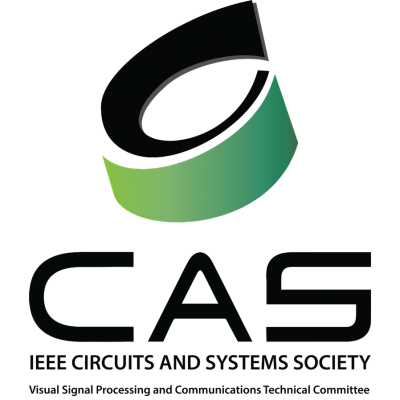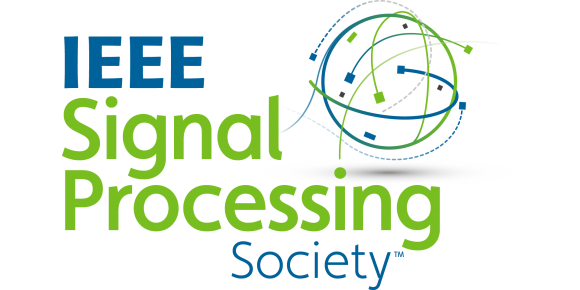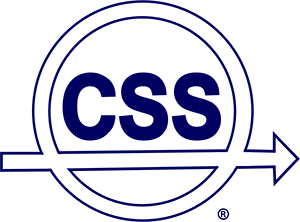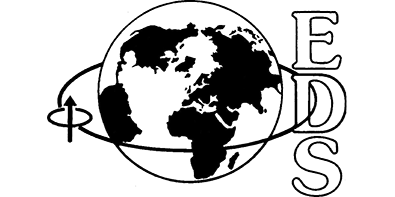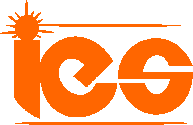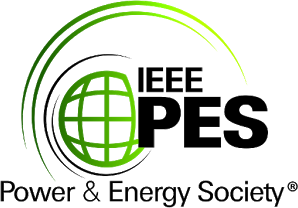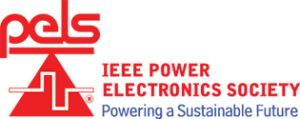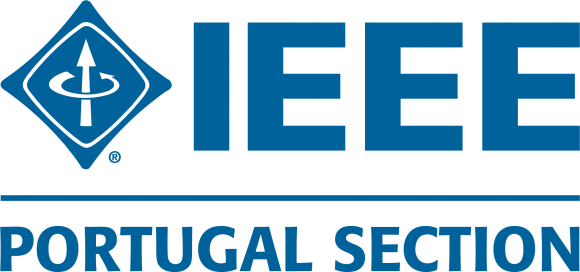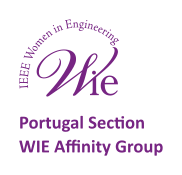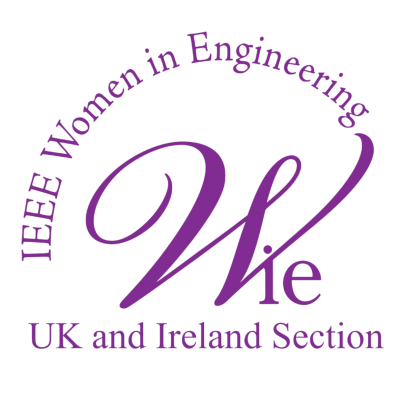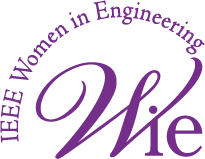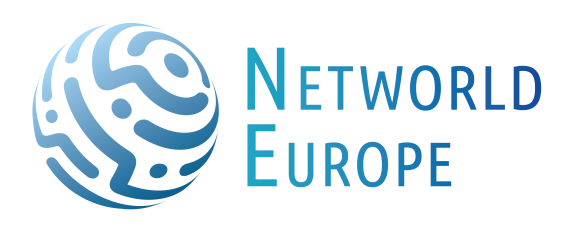Advances in the internet of biological and medical things (AdIoBMT)
Track ID: Spes-03
Description
The Internet of Things (IoT) has already made significant contributions to the fields of biology and medicine. However, the w (IoBMT) takes a step further by integrating the IoT with biological and medical devices, such as wearable sensors, implantable devices, and medical instruments. The Special Session in “Advances in the internet of biological and medical things” (SS- AdIoBMT) will bring together researchers, practitioners, and experts from various fields to share their knowledge and insights on the latest advances and trends in the field of medical and biological IoT.
Objectives and motivation
The Internet of Things (IoT) has already made significant contributions to the fields of biology and medicine. However, the Internet of Biological and Medical Things (IoBMT) takes a step further by integrating the IoT with biological and medical devices, such as wearable sensors, implantable devices, and medical instruments. From this synergetic fusion several technical IoBMT innovations arise, such as smart implants, nanobots, personalized medicine, augmented reality and data analytics, just to name a few.
The Special Session in “Advances in the internet of biological and medical things” (SS- AdIoBMT) will bring together researchers, practitioners, and experts from various fields to share their knowledge and insights on the latest advances and trends in the field of medical and biological IoT. It will act as a platform for participants to share their experiences and expertise in the field of IoT and its applications in the medical and biological domains, discussing the relevant challenges in the implementation of IoT technologies in the medical and biological domains and contributing to find the necessary solutions to overcame such challenges. At the same time the discussions foreseen within SS- AdIoBMT can help identify new opportunities and emerging trends in this field, while providing the necessary stage for participants to network and join forces with other experts in the field, leading to potential collaborations on future research projects or initiatives. Overall, SS- AdIoBMT will serve as a medium for advancing the state-of-the-art in the field of IoT and its applications in the medical and biological domains, ultimately leading to improved healthcare outcomes and quality of life for patients.
Novelty and technical innovations sought for this Special Session
Within the AdIoBMT Special Session, innovation will be sought in different fields of IoT architectures, nevertheless, particular focus will be given to fields such as, the integration of IoT with other technologies such artificial intelligence, security and privacy, sensing advances and interoperability, energy efficiency, human computer interaction and human centered designs and clinical validation.
IoT solutions that can be integrated with other emerging technologies such as Artificial Intelligence (AI), Blockchain, and Edge Computing to create new solutions that can improve healthcare outcomes. Nevertheless, as more and more medical devices become connected to the internet, it is important to ensure that these devices are secure and that patient data is protected. As so, novel developments focusing on the IoT integration at different layers and on the development of new encryption methods, secure communication protocols, and other technologies to keep patient data safe will be sought.
Additionally, there are many different types of medical devices and sensors on the market, (and under development), which often use different communication protocols and data formats. Converging standards and protocols that allow different devices to communicate with each other and share data in a standardized way is also field of research that will definitely add value to this Special Session. Furthermore, novel sensing technologies for biology and medical applications are always valuable inputs for the state of the art seeking better, cheaper and ubiquitous methodologies to sense health parameters.
Many IoBMT devices are battery-powered, which means that energy efficiency is also an important consideration to take into account when evaluating IoMBT architectures. Research directions on new power management technologies, such as energy harvesting and ultra-low-power sensors, to improve the energy efficiency of these devices will be an important field to contemplate in this SS. Also, IoBMT devices are often designed to be worn or implanted on the body, which means that they must be comfortable, easy to use, and non-intrusive. Efforts focusing on developing new user interfaces, such as voice and gesture recognition, that make it easy for patients and healthcare providers to interact with these devices are also topics of interest for the SS considered.
Additionally, while there is a lot of excitement about the potential of IoBMT, it is important to validate these technologies in a clinical setting. As so, the SS will also seek studies on conducting clinical trials to evaluate the safety and efficacy of IoBMT devices, which can potentially identify the areas for improvement.
Overall, the AdIoBMT SS will seek to showcase the latest innovations and technical advancements in the field of IoT and its applications in the medical and biological domains, leading to improved healthcare outcomes and quality of life for patients.
Topics Covered
To ensure a wide coverage of the advances in the IoBMT fields, the special session will cover the following topical areas (but not limited to):
-
Telemedicine and mobile telemedicine
- Advanced signal processing for e-Health
- Big data analytics for healthcare
- Biomedical and biosensors engineering
- Sensing of vital signs and signatures
- Analysis and management of electronic health records
- Wearable medical wireless sensors
- Wireless coverage and interference issues in e-Health applications
- Health monitoring and traffic characterization
- Artificial intelligence and machine learning for healthcare
- Energy saving for long time monitoring
- In-body medical sensor communications
- Communication protocols and algorithms for e-Health
- Molecular sensor communications
- e-Health-oriented software architectures
- Context awareness and autonomous computing for AAL (Ambient Assisted Living)
- Autonomic diagnosis and situation awareness (Fall, Activity, etc.)
- Health and wellness measurement, monitoring and intervention
- Security, trust and privacy in e-Health
- Future mobile networks for healthcare (beyond 5G networks)
- Emerging e-Health applications
- Future technologies for digital medicine
- Mobile and cloud computing for e-Health
- Health information systems and interoperability
- Context and content aware based e-Health systems
- e-Health systems based on social technologies
- Health grid and health cloud
- ICT-enabled healthcare system
- Internet of Things (IoT) for e-Health
- e-Health systems for integrated care
- Future technologies for the health of the aging brain
- Image, audio, and video processing for e-Health
Intended audience
The Special Session AdIoBMT will bring together researchers, practitioners, and experts from various fields to share their knowledge and insights on the latest advances and trends in the field of medical and biological IoT. It aims to bring together healthcare professionals, researchers, scientists, engineers, academics, and students from all around the world to share their experience and latest advances on new technologies and systems development in different biology, healthcare and medicine applications.
Paper Submission Deadline
Important Dates:
- Deadline for Paper Submissions: July 30th, 2023
- Acceptance Notification: September 8th, 2023
- Deadline for Camera-Ready Paper Submissions: September 29th, 2023
- Deadline for Presentation Submissions: October 2nd, 2023
Papers should be six (6) pages in length and follow the instruction provided for the main Conference. The conference allows up to two additional pages for a maximum length of eight (8) pages with payment of extra page charges once the paper has been accepted.
Please submit your paper for this Special Session using the link to eWorks:
Call For Papers:
If you have any questions, please contact Dr. Fatima Domingues: maria.domingues@ku.ac.ae
Chairs
Maria Fátima Domingues: Khalifa University
M. Fátima Domingues received her PhD in Physics Engineering in December 2014, at the University of Aveiro, Portugal. In 2015 M. Fátima Domingues started a Research position at the Instituto de Telecomunicações – Aveiro; and the Consejo Superior de Investigaciones Científicas (CSIC)-Madrid, Spain. At present, M. Fátima Domingues is an Assistant Professor at the Biomedical Engineering Department at Khalifa University, Abu Dhabi-UAE and a Researcher at Instituto de Telecomunicações – Aveiro. Her current research interests embrace new photonic based sensing solutions and its biomedical and e-Health applications. Dr. Domingues authored and co-authored more than +110 publications, resulting in the current H-index of 24 with a total of 1848 citation. Dr. Domingues has been an organizing committee member of several national and international conferences and scientific meetings. She is an IEEE Senior Member and an active member of several IEEE Societies, and, since January 2022, she is the Secretary for the IEEE EMBS Portuguese Chapter.
Andrea Sciarrone: University of Genoa
Andrea Sciarrone was born in Livorno, Italy in 1984. He got his Bachelor Degree in Telecommunication Engineering at the University of Genoa in 2007 and the Master Degree Cum Laude in Telecommunication Engineering in 2009 in the same university. In 2014 he got the Ph. D. degree in Ambient Intelligence at University of Genoa where he is currently Assistant Professor (Tenure track) and member of the Digital Signal Processing (DSP) Laboratory. His research concerns Signal Processing over Internet of Things, Context and Location Awareness and Safety and e-health Applications. He is an IEEE Senior Member and an active member of several IEEE Societies. Since January 2022, He is the Chair of the IEEE ComSoc eHealth Technical Committee.



